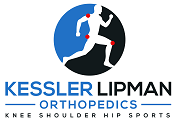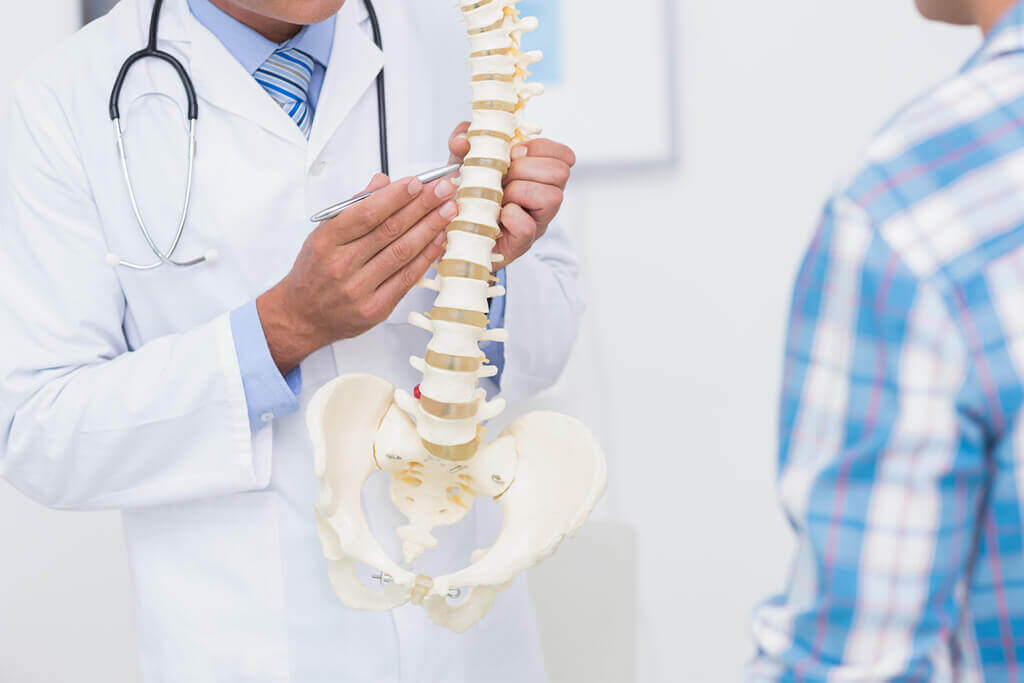Nasal Polyps
Introduction
Anatomy
Causes
Nasal polyps result from inflammation after an ongoing infection or irritation, such as sinus infections or allergies. Nasal polyps are common in people with cystic fibrosis. In some cases, the cause is unknown.Symptoms
Diagnosis
Your doctor can easily diagnose nasal polyps by reviewing your symptoms and examining your nose. A nasal speculum allows the doctor to gently spread your nostril open before using a light to check for polyps.Treatment
Polypectomy is an outpatient procedure that is used to remove small or single polyps. FESS is used to remove multiple polyps or those located near the sinuses. FESS uses an endoscope to guide the surgery. An endoscope is a thin lighted tube with a camera that is inserted through the nostril. Thin surgical instruments are used and the endoscope guides the surgeon. Symptoms typically improve following surgery; however, polyps that are caused by a chronic condition tend to come back.
Am I at Risk
Risk factors for nasal polyps:_____ Age over 40
_____ Hay fever or allergies
_____ Cystic fibrosis
_____ Sinus infections and asthma
_____ Aspirin or nonsteroidal anti-inflammatory drug (NSAID) sensitivity

Copyright © - iHealthSpot Interactive - www.iHealthSpot.com
This information is intended for educational and informational purposes only. It should not be used in place of an individual consultation or examination or replace the advice of your health care professional and should not be relied upon to determine diagnosis or course of treatment.
The iHealthSpot patient education library was written collaboratively by the iHealthSpot editorial team which includes Senior Medical Authors Dr. Mary Car-Blanchard, OTD/OTR/L and Valerie K. Clark, and the following editorial advisors: Steve Meadows, MD, Ernie F. Soto, DDS, Ronald J. Glatzer, MD, Jonathan Rosenberg, MD, Christopher M. Nolte, MD, David Applebaum, MD, Jonathan M. Tarrash, MD, and Paula Soto, RN/BSN. This content complies with the HONcode standard for trustworthy health information. The library commenced development on September 1, 2005 with the latest update/addition on February 16, 2022. For information on iHealthSpot’s other services including medical website design, visit www.iHealthSpot.com.


